How To Never Run Out Of New Ideas As A Teacher
Just like a great teacher can teach anything, a great learner can learn from almost anything–and teachers are first learners.
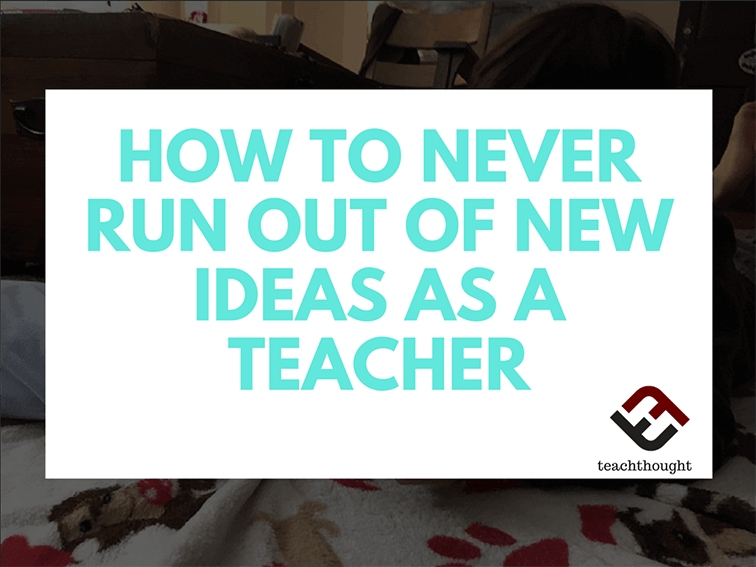
Just like a great teacher can teach anything, a great learner can learn from almost anything–and teachers are first learners.
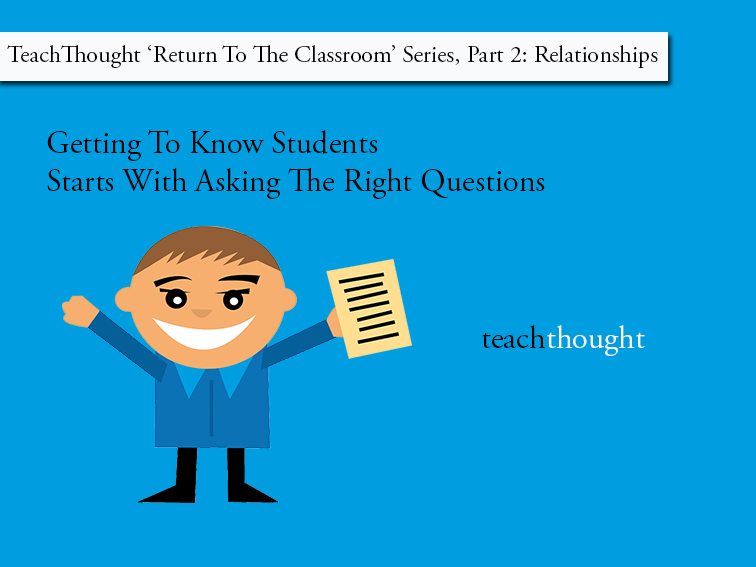
Want To Get To Know Your Students? Ask The Right Questions. contributed by Dawn Casey-Rowe, Teacher It’s back to school time! Whether you’ve been teaching for two minutes or twenty years, this is a critical time of year. You meet your students. They stare you down. Not averages stare–the types of stares kids go home…
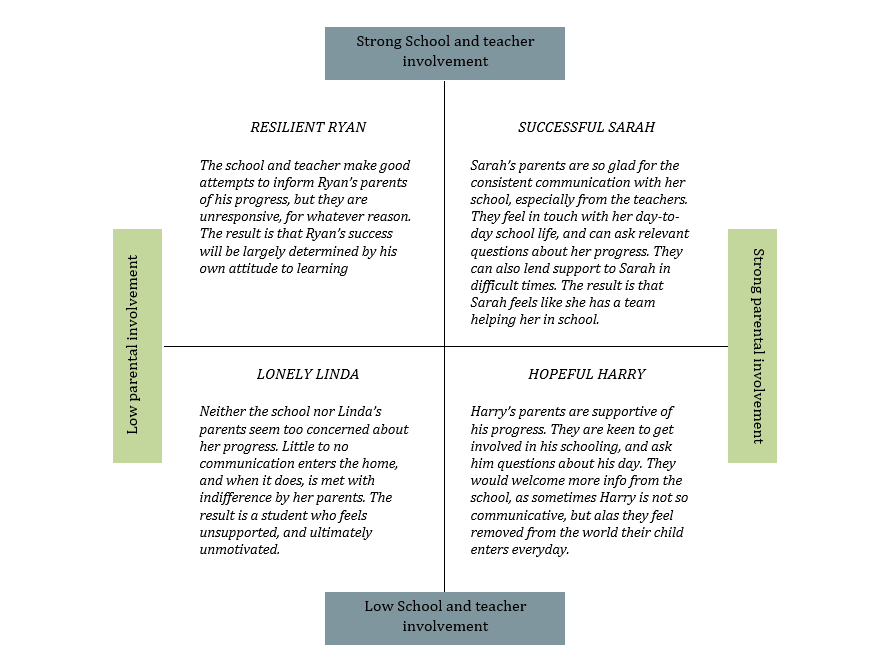
Everyone agrees that parental involvement in student learning is important, and in fact a key factor in their success.
While there are no magic bullets, certain principles & strategies can harness the intrinsic motivation that lies at the heart of each learner.
Clarifying Your Teaching With Clear Communication contributed by Molly Bruzewski, Ed.S. Ed note: This is part 2 on strategies that promote a team approach to academic achievement and high-performance teaching. Part 1 was Every Classroom Is A Team And Every Teacher Is A Coach. Strategies 2 and 3 appear below. In the same way that students appreciate…
Football programs have an offense, a defense & special teams. Though they’re different, they are on the same team and are in the game to win.
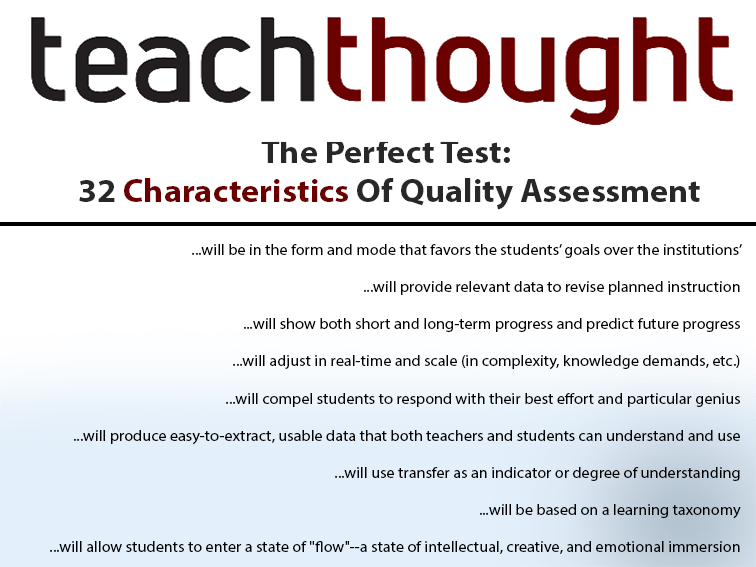
If we can design anything–not just digitize multiple choice questions, but start from scratch — what would a quality assessment be like?
5 Movement Strategies That Get Kids Thinking contributed by Kenny McKee Each day more research confirms the link between movement and learning. Brain researcher David Sousa claims that physical activity increases the amount of oxygen in our blood, and this oxygen is related to enhanced learning and memory. A Washington Post article suggests that many…

The acceleration of machine intelligence makes it more important for humans to be critical thinkers, questioners & problem navigators.
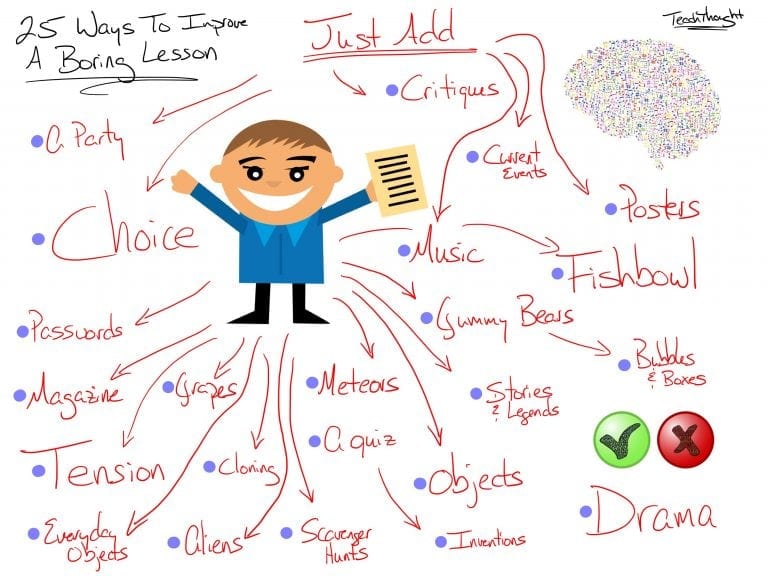
Here are 25 quick tricks to improve a boring lesson so that students stay interested and engaged in the learning environment.
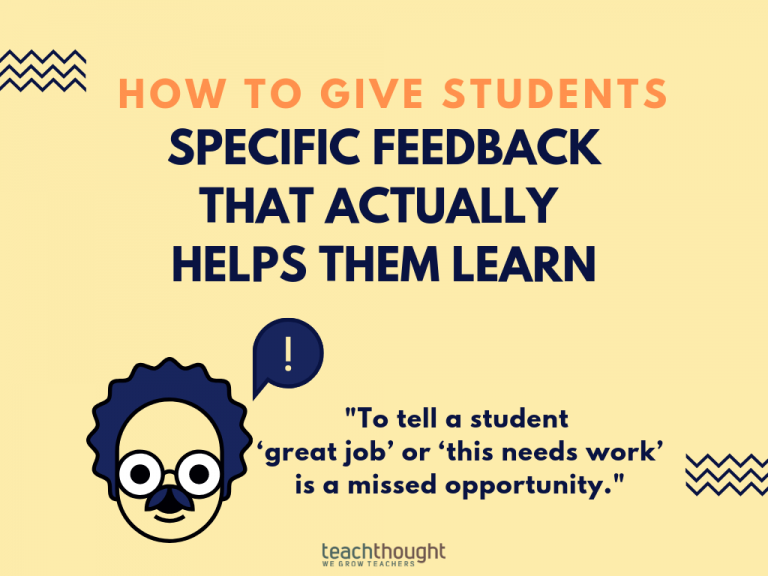
To tell a student ‘great job’ or ‘this needs work’ is a missed opportunity. Specific, quality learning feedback can change your teaching.
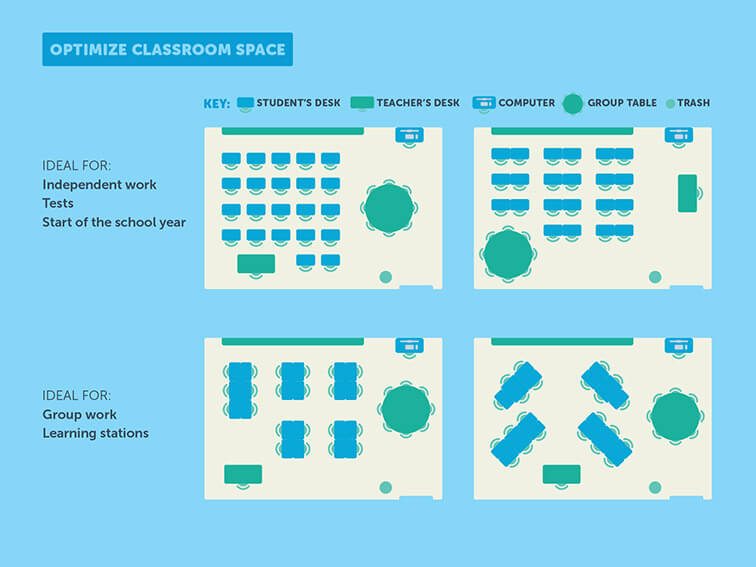
Classroom design impacts classroom management, curriculum needs, lesson and unit design, teacher personality, technology needs, etc.
End of content
End of content